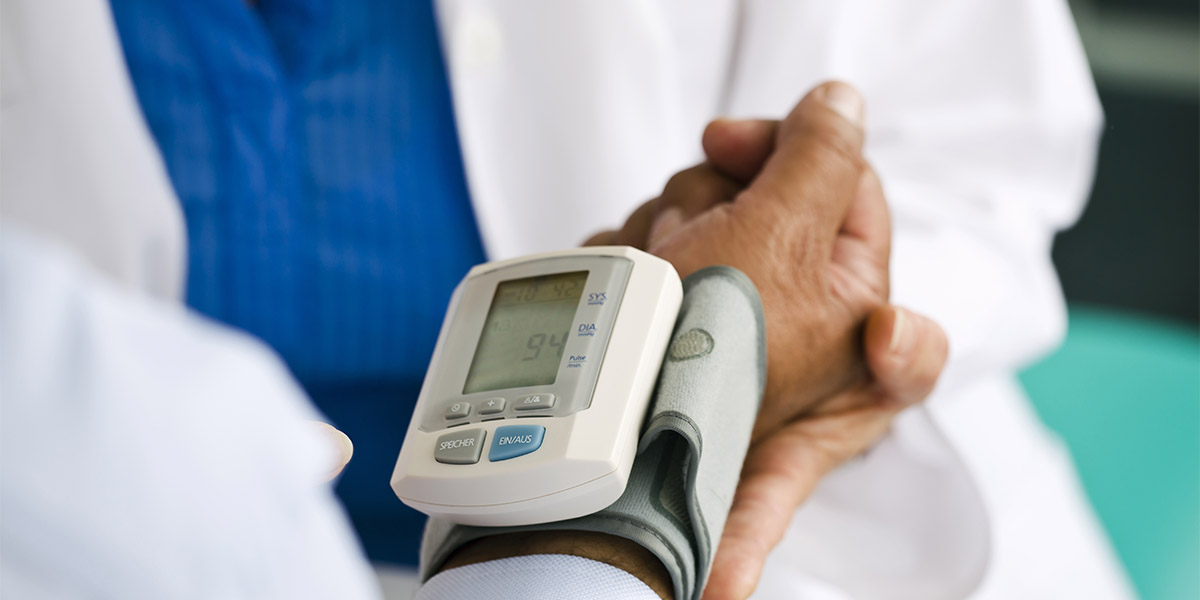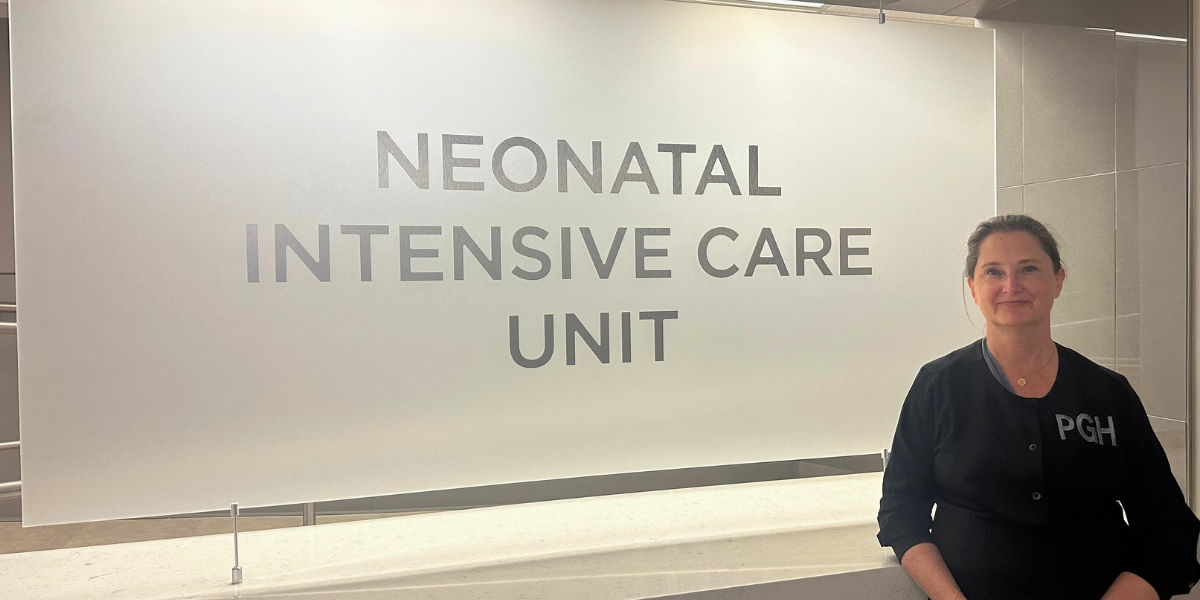
New blood pressure guidelines: What you need to know
Whenever new health guidelines are released, people have questions.
The American Heart Association released new guidelines in late 2017 that redefine what qualifies as high blood pressure. Many people have questions about what this means for them, and here are a few answers.
What do the new guidelines recommend?
The new guidelines changed the definition of hypertension, or high blood pressure, and the threshold for treatment. The goal is now to consider treatment for blood pressures greater than 130/80 rather than the previous threshold of 140/90. The guidelines recommend accurate checking of blood pressure and repeated measurements to confirm that hypertension actually exists.
Home monitoring of blood pressure is preferred to avoid the possibility of "white coat hypertension,” which is when a patient's blood pressure rises because they are nervous about being at the doctor's office.
For blood pressures less than 130/90, lifestyle modification is recommended for at least six months before starting treatment.
- Stage I hypertension is defined as 130–139/80–89
- Stage II hypertension is defined as >140 over >90
The decision to treat is based on the risk of complications from having high blood pressure. Other cardiovascular risk factors like diabetes, smoking, obesity or family history are considered as well.
What do patients need to know?
The current recommendations are to treat blood pressure at an earlier stage, provided that readings are accurate and not due to white coat hypertension. Treatment of high blood pressure will reduce the risk of kidney failure, heart attack, stroke and heart failure.
Why were the guidelines changed?
This is the first major update to blood pressure guidelines since 2003. The change incorporates the outcomes of multiple large studies that reviewed various degrees of hypertension and treatments. A compilation of data from the multiple trials is what led to the current, more aggressive recommendations.
What health risks are associated with high blood pressure?
High blood pressure leads to an increased risk of kidney failure, stroke, heart attack and heart failure. Good control of blood pressure substantially reduces the risk of all of these conditions.
If a patient doesn't want to be on blood pressure medication, he or she needs to be aggressive in reducing their weight, reducing their salt intake, exercising more and avoiding more than one to two alcoholic drinks per day. A significant change in each of these risk factors can lead to a drop in blood pressure. Lifestyle adjustments are the first line of therapy for patients with stage I hypertension (130– 139/80–89)
Should this news cause panic?
No, the guidelines are designed to improve patient's health. Healthy lifestyles are very important for preventing blood pressure. When blood pressure is elevated, treatment will lead to improved outcomes and better quality of life. It is important that patients be evaluated for hypertension on a regular basis by their primary care provider.
If you have questions about your blood pressure, make an appointment with your primary care physician. If you don't have a primary care physician, you can find one at SpartanburgRegional.com.
Robert MacDonald, MD, is a cardiologist with Medical Group of the Carolinas—Medical Affiliates—Cardiology, located in North Grove Medical Park.












